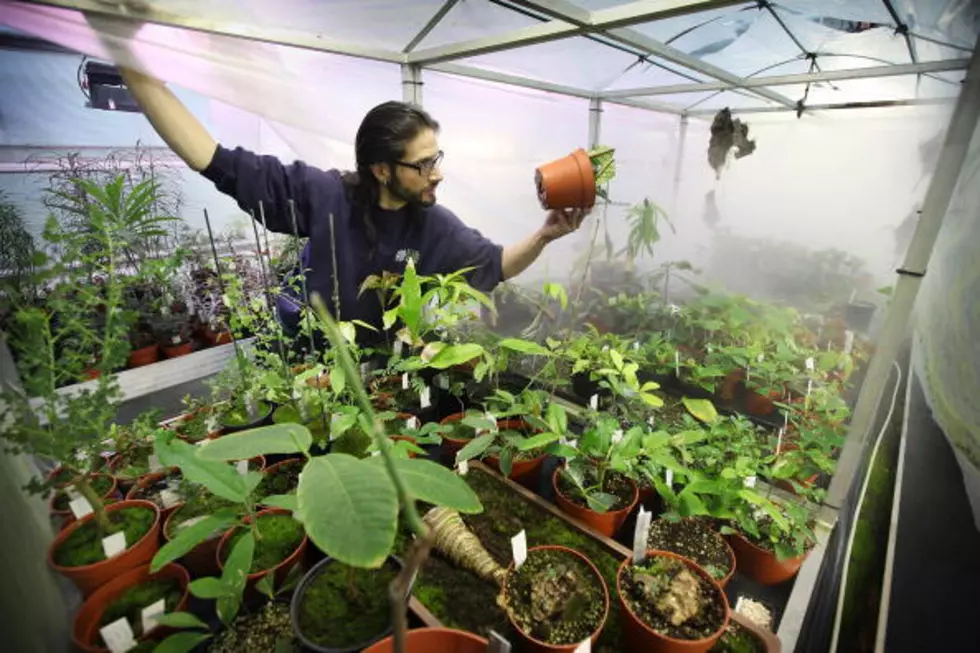
Duluth Public Library Will Start Lending “Seeds” In 2014
In a Minnesota first, the Duluth Public Library announced the launch of the Duluth Public Seed Lending Library. Library Manager Carla Powers announced that beginning in Spring 2014 Duluth Public Library customers may borrow seeds to grow in their gardens. People will be asked to save a portion of the seeds for themselves and return a portion to the seed library.
Public education on this effort will kick-off with a free seed saving seminar by local food and plant expert, University of Minnesota Duluth Greenhouse Director Deb Shubat, on Thursday, October 17 at 5:30 p.m. in the Duluth Public Library’s Green Room.
Library users who choose to participate in the public seed library will enjoy free access to high quality food crop seeds, increase their knowledge of gardening, and contribute to developing a regionally-adapted seed stock.
The Duluth Public Seed Lending Library will operate out of the downtown Duluth Public Library building. Materials will be prominently featured, with seeds kept in a small filing cabinet and educational materials displayed on a table.
Along with seeds, participants will have access to books and handouts about best practices for growing their seeds, provided by DCGP and the Master Gardener Program. After selecting their seeds packets and growing information, people may check out their seed packets at the library circulation desk.
Participants will grow the seeds in their gardens and at the end of the growing season, save a portion of seeds for themselves and return a portion back to the Public Seed Lending Library. Seed borrowers will have up to nine months, well within our northern growing season, to return the seeds.
Other than a friendly reminder from the Duluth Public Library, no other request, fine or penalty will result from not returning seeds.
During its first growing season in 2014, the Duluth Public Seed Lending Library will offer seeds for garden favorites, including varieties of tomatoes, peppers, beans, peas and the One Vegetable One Community Vegetable of the Year. These initial seeds types were chosen based on their ease of seed saving for beginners.
So why seeds and why in this area, In Duluth, a community with almost 25% of residents living at or below the poverty rate, removing economic roadblocks to gardening may increase access to and consumption of healthy, reliable food, which will have physical, mental and social benefits.So now people can learn to grow their own food while spending a minimal amount of money.
More From KOOL 101.7









